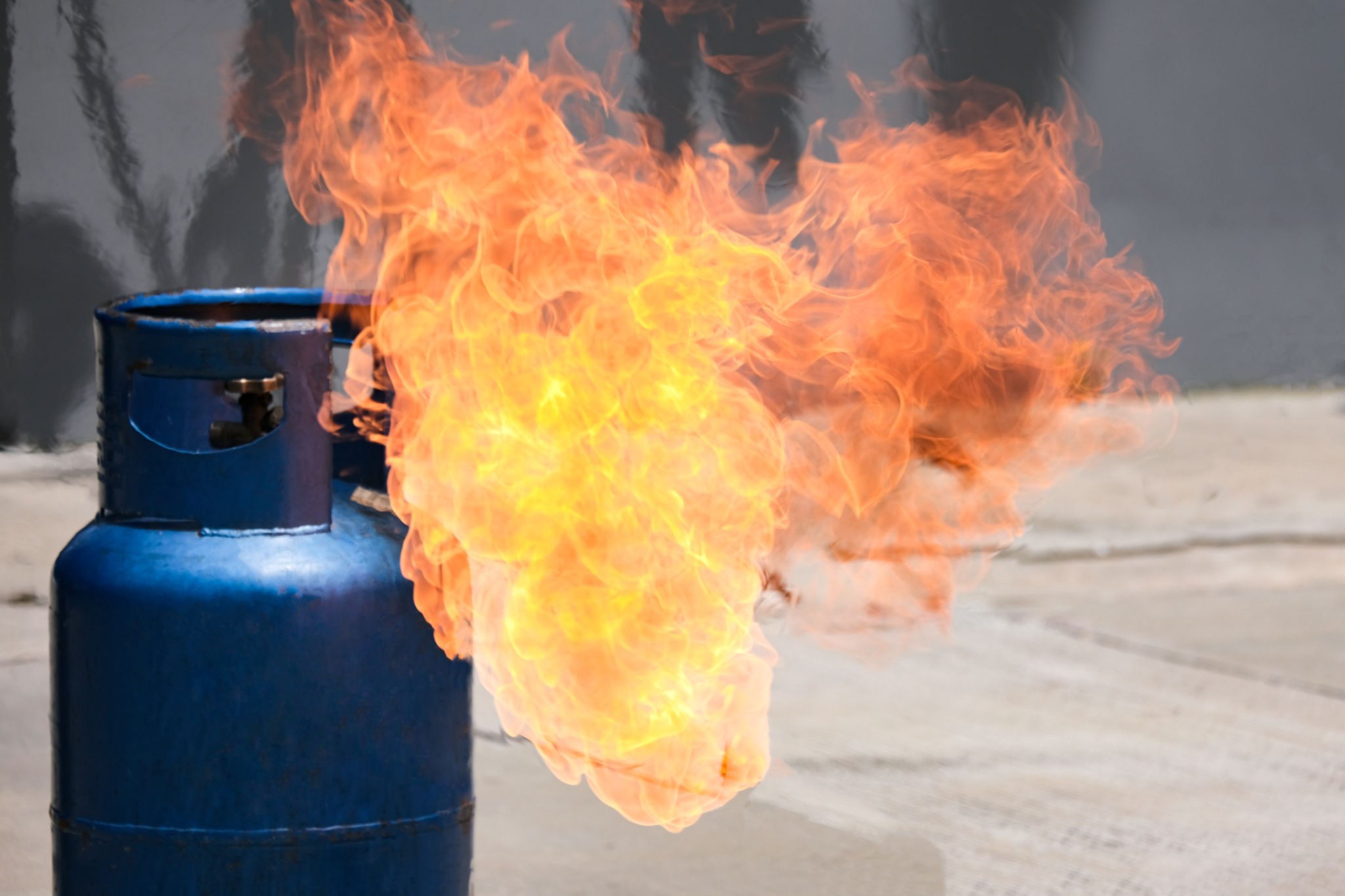How to Choose the Right Industrial Gas Cylinder for Your Needs
Understanding Your Gas Requirements
Choosing the right industrial gas cylinder begins with understanding your specific gas requirements. Different projects and processes necessitate different types of gases, such as oxygen, nitrogen, or argon. It's crucial to identify the gas you need for your application to ensure safety and efficiency. Consider the required purity level of the gas, as this can significantly affect the outcome of your work.

Determining Cylinder Size and Capacity
Once you've identified the type of gas required, the next step is to determine the appropriate cylinder size and capacity. Industrial gas cylinders come in various sizes, typically measured in liters or cubic feet. The choice of size depends on your usage frequency and volume needs. For high-volume applications, you might opt for larger cylinders to minimize the need for frequent replacements.
Factors to Consider
When selecting cylinder size, consider factors such as the space available for storage, ease of transportation, and the duration of your project. Always balance between having enough supply on hand and the practicality of handling larger cylinders.
Evaluating Cylinder Material
Industrial gas cylinders are made from different materials, each offering varying benefits. Common materials include steel, aluminum, and composite materials. Steel cylinders are robust and cost-effective but heavier. Aluminum cylinders are lighter and resistant to corrosion, making them suitable for portable applications.

Composite Cylinders
Composite cylinders are made from advanced materials like carbon fiber, offering a high strength-to-weight ratio. They are ideal for applications where weight is a critical factor but often come at a higher price point. Assess your budget and application needs before deciding on the material.
Safety Considerations
Safety is paramount when working with industrial gas cylinders. Ensure that the cylinders you choose comply with relevant safety standards and certifications. Proper labeling and documentation are essential for identifying the contents and handling instructions. Regular inspection and maintenance are necessary to prevent leaks or other hazards.

Storage and Handling
Proper storage and handling of gas cylinders are critical to maintaining safety. Store cylinders in a well-ventilated area away from direct sunlight or heat sources. Use appropriate equipment for transporting cylinders to prevent damage or accidents.
Supplier Selection
The final piece of the puzzle is choosing a reliable supplier who can provide quality cylinders and excellent customer support. Look for suppliers with a proven track record, positive reviews, and a commitment to safety standards. A good supplier will offer guidance in selecting the right cylinder for your needs and provide ongoing support.
Conclusion
Selecting the right industrial gas cylinder involves careful consideration of several factors, including the type of gas, cylinder size, material, safety requirements, and supplier reliability. By taking a systematic approach, you can ensure that you choose a cylinder that meets your needs efficiently and safely.
